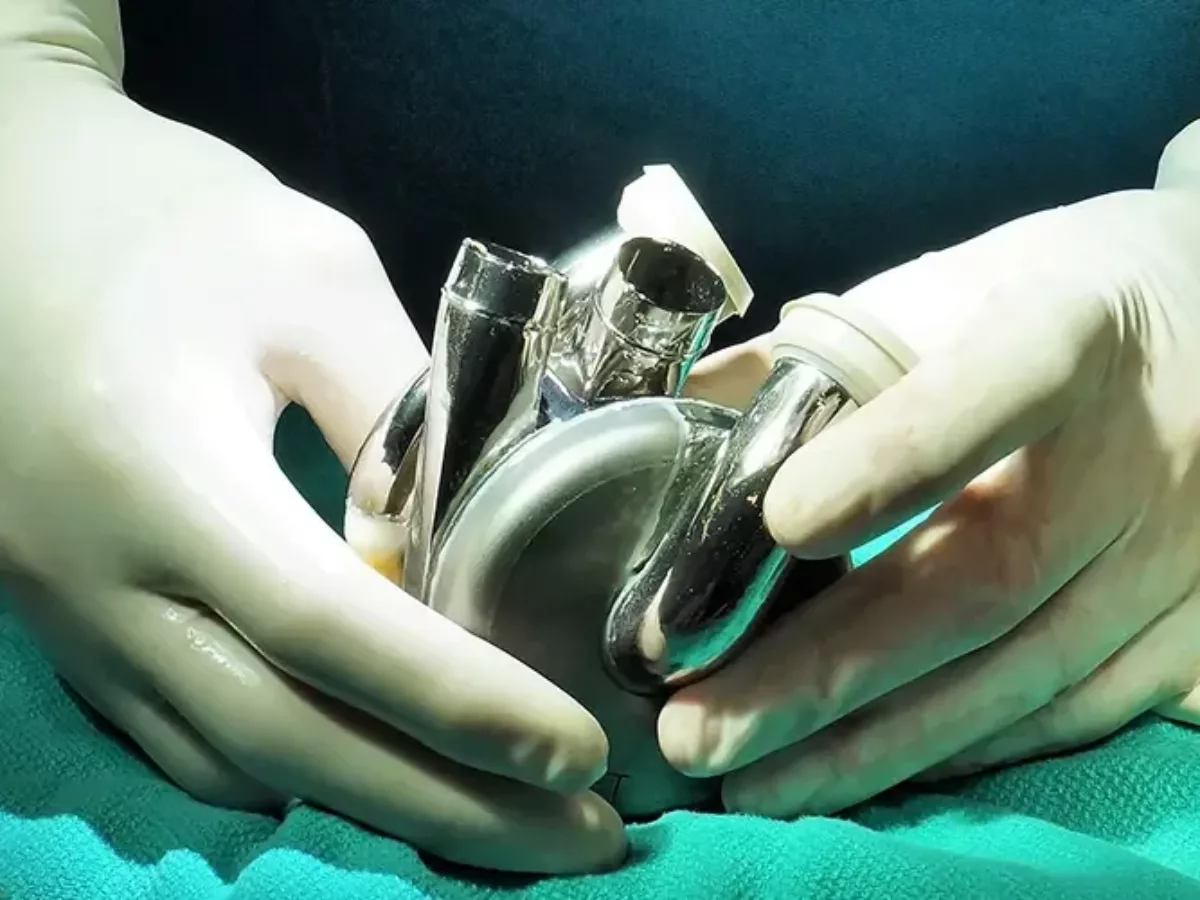MRFF awards $50 million to Australian team developing artificial heart

The federal government has announced $50 million from the Medical Research Future Fund (MRFF) to assist development and commercialisation of an Australian inventor’s total artificial heart, which uses a rotor rather than pulsation to move blood through a patient’s body.
According to a statement on Tuesday from federal health minister Mark Butler, the grant to the Artificial Heart Frontiers Program was the third-largest in almost a decade of the MRFF’s existence.
The consortium involves five universities, three clinical partners, and BiVACOR.
“As well as the obvious health benefits, this is an incredible story of Australian ingenuity and sovereign manufacturing, with collaboration across universities, clinical hospitals and industry to develop the world’s most advanced artificial heart,” said Butler.
US-headquartered BiVACOR – short for Biventricular Assist Device (BiVAD) – is based on the invention of Dr Daniel Timms, a biomedical engineer who conceived the design while studying at Queensland University of Technology.
The titanium heart has one moving part, a magnetically-levitated spinning disc, which is expected to lead to a highly durable product due to the lack of contact.
It has been implanted in cows and sheep and was granted an investigational device exemption (IDE) by the US Food and Drug Administration late last year.
BiVACOR’s engineering headquarters is in California and its corporate office in Houston, with another office in Southport, Queensland.
There is currently a large undersupply of donor hearts versus the need for them. Since the first attempts in the 1960s, the best replacement hearts have been a bridge-to-transplant. All have simulated the beating of a heart to pump blood, though left ventricular assist devices have used a continuous flow.
According to Butler’s statement, more than 23 million people worldwide suffer from heart failure, but only 6,000 will receive a donor heart.
The Monash University-led consortium includes University of Sydney, University of New South Wales, Griffith University, and University of Queensland; clinical partners The Alfred; Baker Heart & Diabetes Institute; St Vincent’s Health Australia; and industry partner BiVACOR.
The Artificial Heart Frontiers team was previously awarded a $1 million MRFF grant in 2021.
Picture: credit Monash/BiVACOR
Further reading
New program aims to commercialise total artificial heart within six years
Tiny Perth startup takes on medical moonshot
@aumanufacturing Sections
Analysis and Commentary Awards casino reviews Defence Gambling Manufacturing News Online Casino Podcast Technology Videos





